Health and Medicine
Explore Health and Medicine
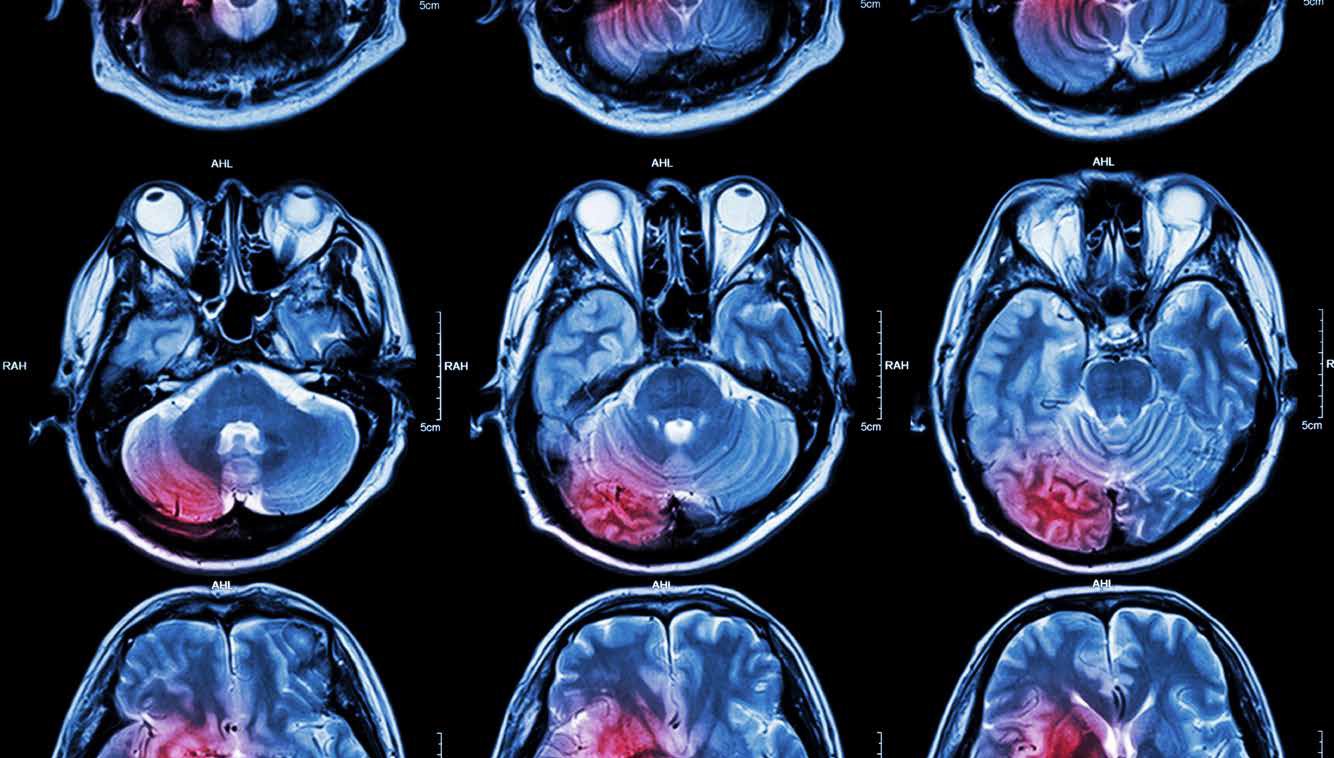
Dr Cynthia K. Thompson | Innovation in Promoting the Recovery of Language after Stroke
Stroke can impair a person’s ability to communicate, resulting in a disorder known as aphasia. To facilitate recovery, scientists must understand how language is processed normally as well as how a stroke may impact the language system in the brain. Dr Cynthia K. Thompson, Ralph and Jean Sundin Professor of Communication Science and Professor of Neurology at Northwestern University, has been researching normal and disordered language for over thirty years. Her focus is on understanding and supporting the recovery of language processes when the brain has been damaged.
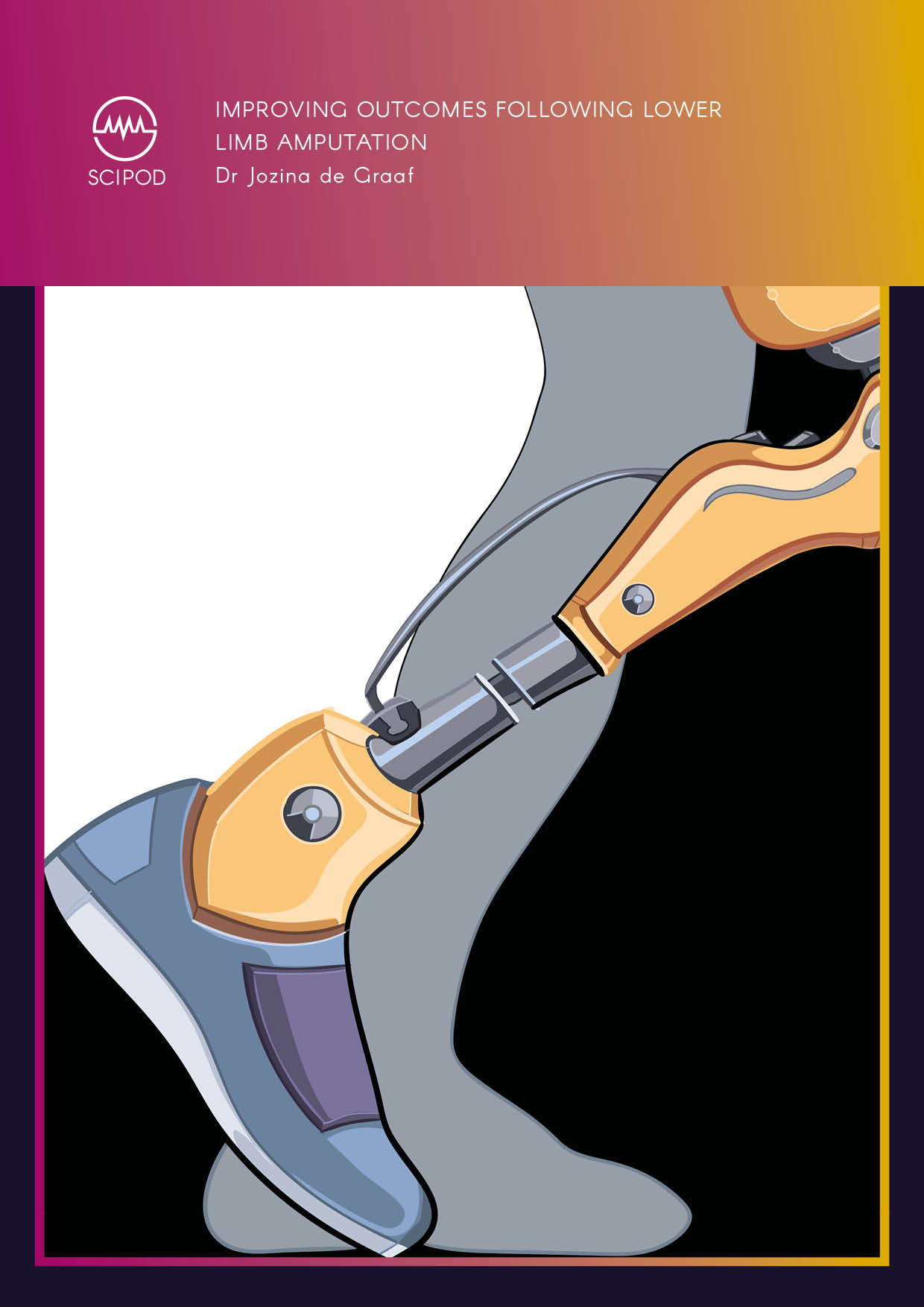
Dr Jozina de Graaf | Improving Outcomes Following Lower Limb Amputation
After the amputation of a lower limb, amputees can learn to walk with an artificial replacement for that limb known as a prosthesis. However, this can be challenging due to the loss of somatosensory information such as the perception of touch and pressure. Dr Jozina de Graaf of Aix-Marseille University in France is working with colleagues to find a solution to this lack of somatosensory feedback and improve approaches to rehabilitation for lower limb amputees.
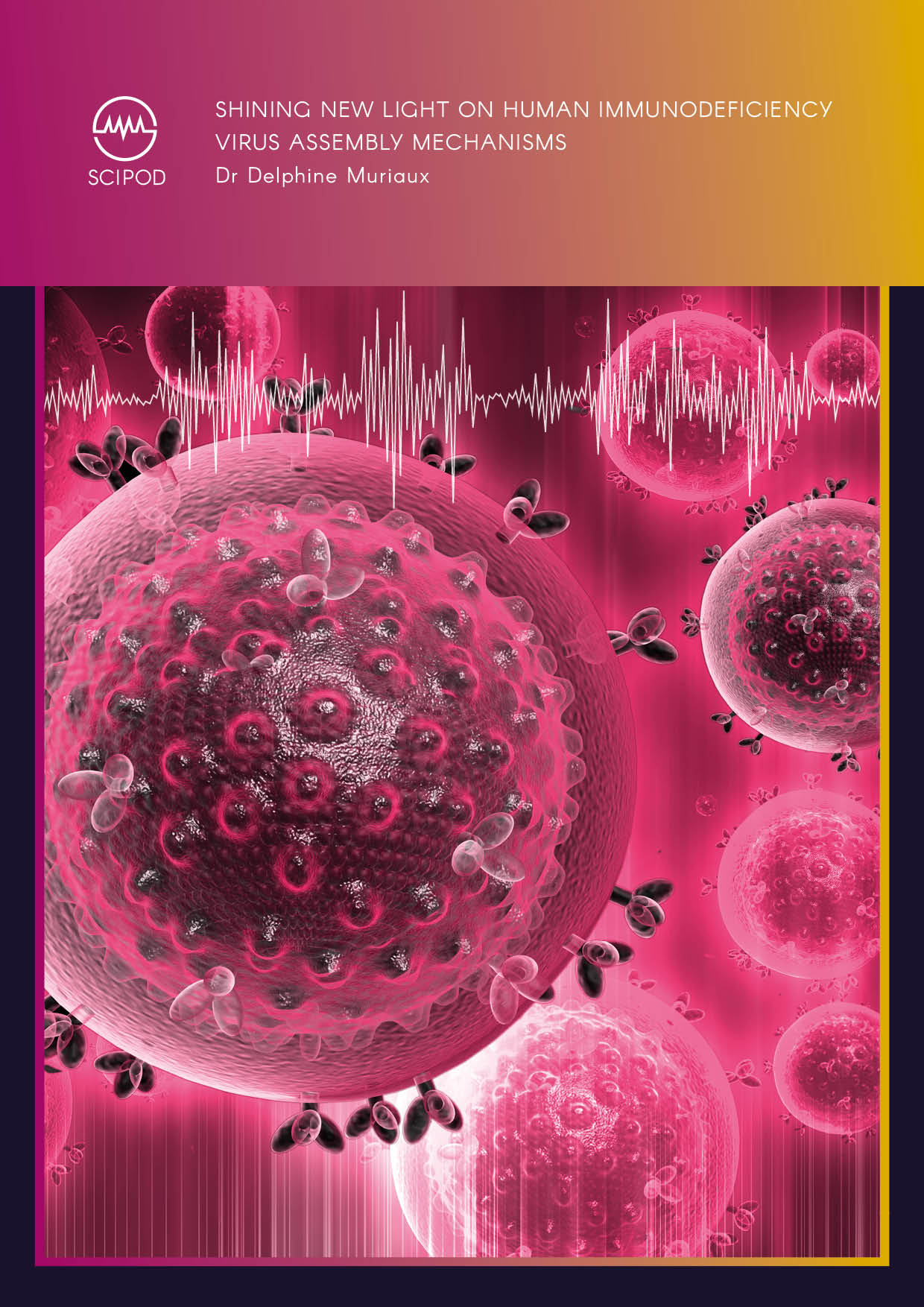
Dr Delphine Muriaux | Shining New Light on Human Immunodeficiency Virus Assembly Mechanisms
People living with human immunodeficiency virus (HIV) now have very effective treatment options to allow them to live long lives but the need for new and improved therapeutics remains. Dr Delphine Muriaux from Le Centre national de la recherche scientifique (CNRS) in Montpellier, France, researches HIV infection and replication utilising advanced state-of-the-art microscopy. This super-resolution imaging has led to new findings on the importance of the HIV-1 Gag proteins and the cellular host co-factor IRSp53, a membrane curving protein, and how they interact with host cell membranes.

Understanding Women’s Sexual Pain from a Psychodynamic Standpoint
Sexual pain, often referred to as vaginismus and dyspareunia, can be a debilitating condition that prevents many women from having penetrative sexual intercourse. While many studies have investigated this disorder, its psychological underpinnings are not yet fully understood. Dr Thula Koops, Christian Wiessner, Professor Johannes Ehrenthal, and Professor Peer Briken at the University Medical Center Hamburg-Eppendorf recently explored some of the psychological dimensions of women’s sexual pain. They conducted this research from the standpoint of psychodynamics, which involves exploring links to childhood experiences and unconscious thoughts and feelings.

Dr Thula Koops – Professor Peer Briken | Real Life Stories: What Causes Sexual Pain Amongst Women?
Limited research has explored the causes of sexual pain and difficulties with intercourse that are experienced by women across the world. Dr Thula Koops and Professor Peer Briken at the University Medical Center Hamburg-Eppendorf have spoken to women experiencing these difficulties and listened to their real stories and thoughts on the origins of their sexual difficulties. Based on these interviews, two main themes emerged. The first links these difficulties to perceived implications of womanhood, while the second focuses on the separation between body and mind in relation to the cause.

Dr Ruth McNair | Lesbian, Gay and Bisexual Homelessness in Australia: Risk and Resilience Factors
There is a strong link between identifying as lesbian, gay or bisexual (LGB) and homelessness. Dr Ruth McNair from the University of Melbourne analysed data investigating risk and resilience factors associated with homelessness according to sexual identity in the Australian population to understand the associations with homelessness and to improve LGB-inclusive homelessness policy and services.
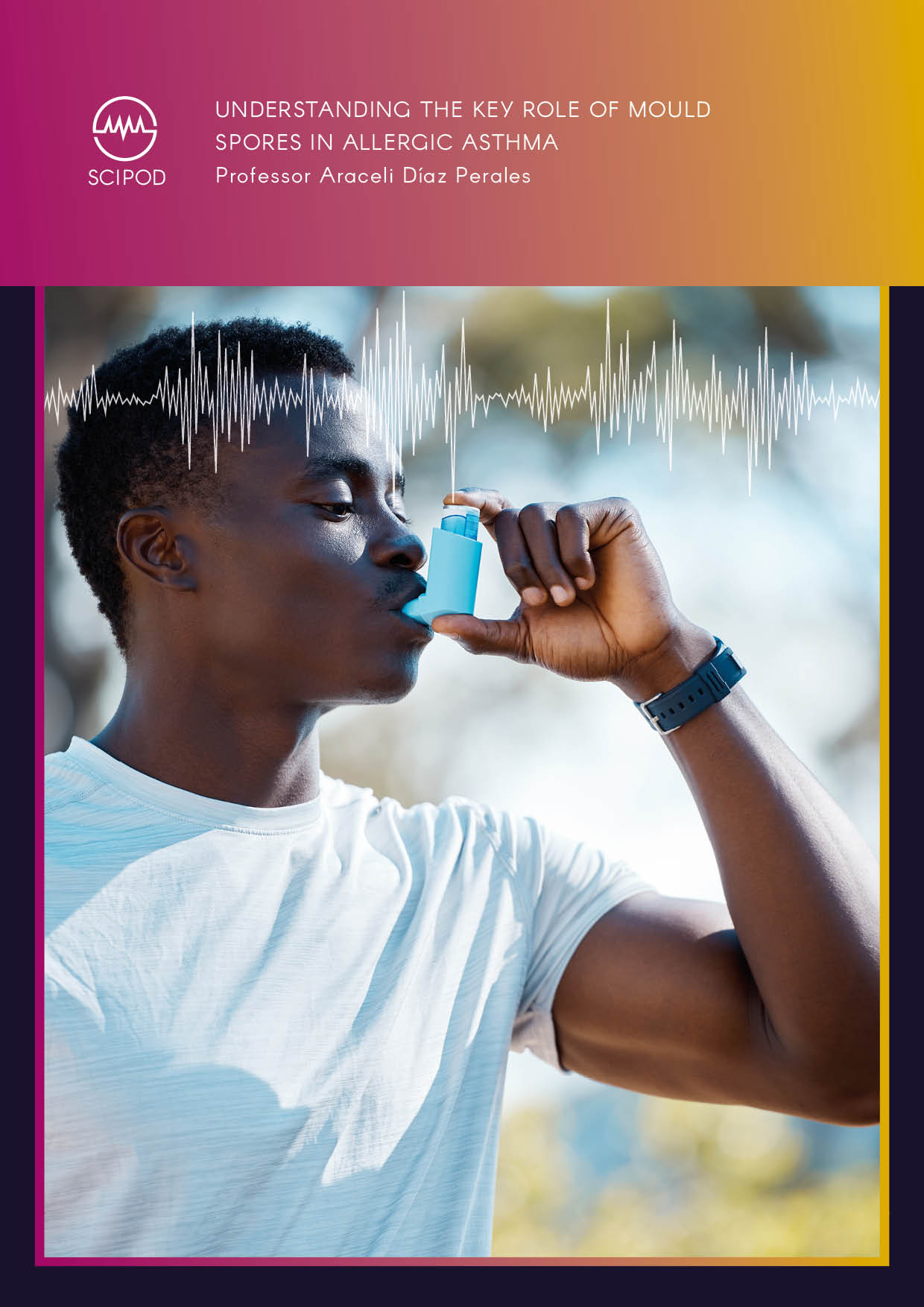
Professor Araceli Díaz Perales | Understanding the Key Role of Mould Spores in Allergic Asthma
Professor Araceli Díaz Perales and her colleagues at the Centre for Plant Biotechnology and Genomics in Spain have made the discovery that mould spores on straw contribute to the increase in allergic asthma reactions. Their work utilising an experimental mouse model of human asthma has important implications for understanding, preventing and treating this common condition.

Daniel Bryant, M.D | Single-Payer Health Care: Financial Implications for a Physician
When considering proposed reforms of the US health care system, some physicians dismiss a single-payer system that would provide health care for all residents, as they believe their incomes would be reduced. In a recent study, Daniel Bryant, M.D., finds that state-based single-payer schemes may actually lead to increased personal incomes for physicians. His work also provides a template for evaluating the financial consequences for physicians within a single-payer health care system.
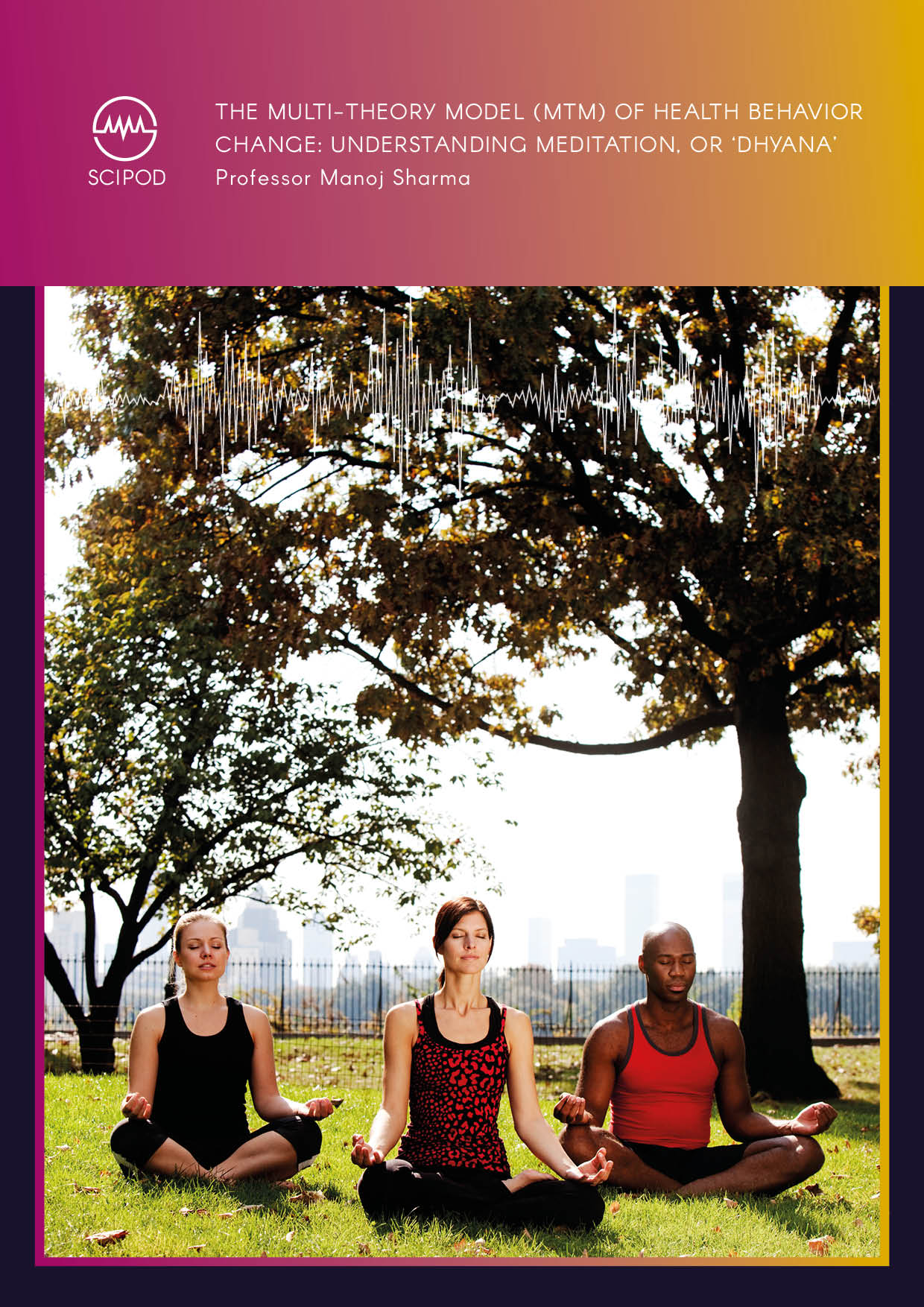
Professor Manoj Sharma | The Multi-theory Model (MTM) of Health Behavior Change: Understanding Meditation, or ‘Dhyana’
The multi-theory model – or ‘MTM’ – of health behavior change provides a theoretical framework for understanding and promoting health behaviors. Professor Manoj Sharma from the University of Nevada, Las Vegas, has now applied this model to understand the factors that lead people to take up meditation – or ‘dhyana’ – and to maintain this health-related behavior over time. His findings confirm the utility of the MTM in informing behavior change interventions and open up important avenues for future research.
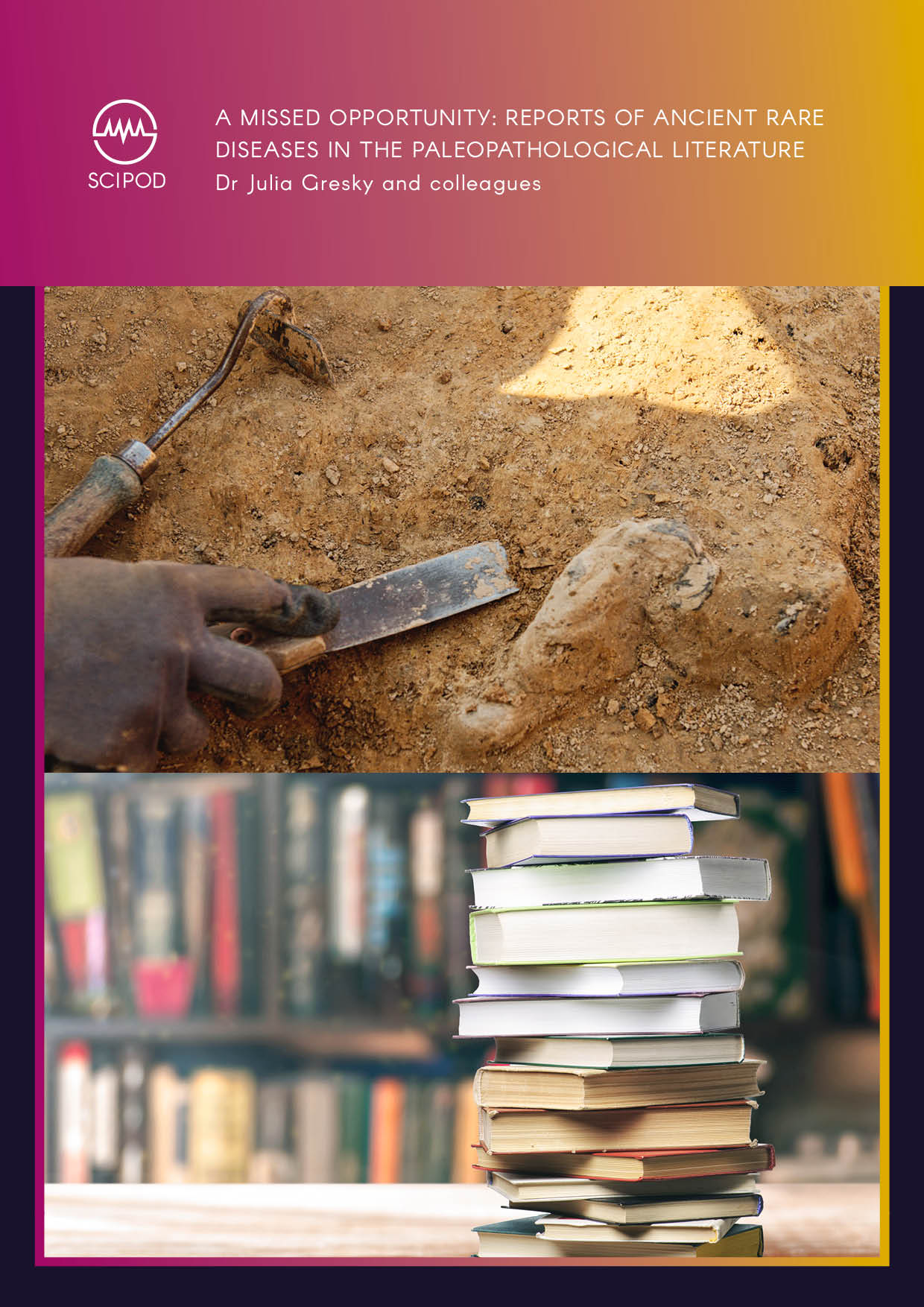
Dr Julia Gresky | A Missed Opportunity: Reports of Ancient Rare Diseases in the Paleopathological Literature
Dr Julia Gresky of the German Archaeological Institute and her colleagues examined the frequency and content of accounts of ancient rare diseases in the paleopathological literature. By studying published records over the past 45 years, the researchers provide a long-term perspective on the reporting of rare diseases in archaeological contexts. Despite methodological advancements, their work shows that there is much still to be achieved in this fascinating but understudied field.
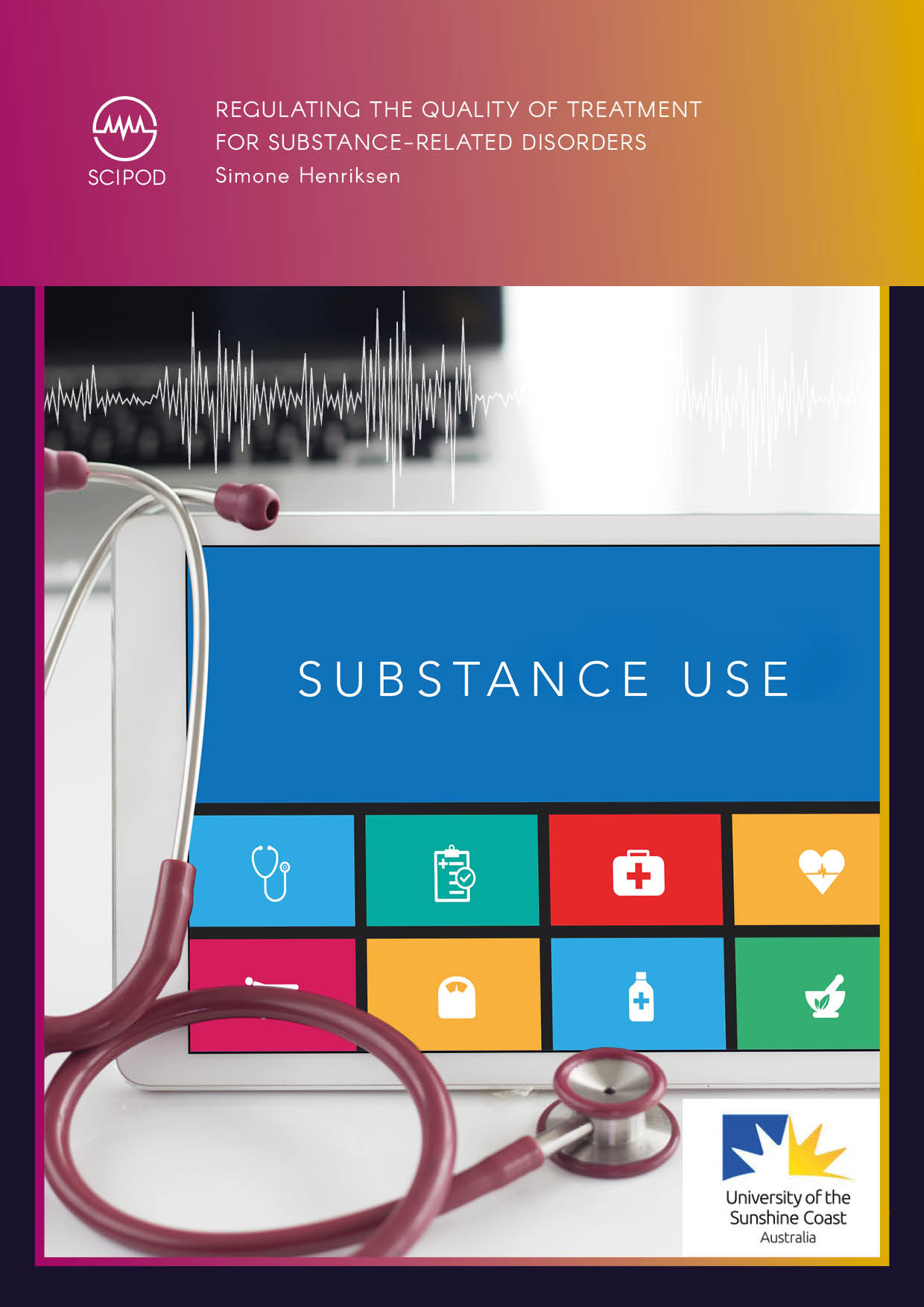
Simone Henriksen | Regulating the Quality of Treatment for Substance-related Disorders
In Australia, like in many countries, substance related disorders remain a pressing societal concern. The Australian government recently introduced a new framework to help regulate the quality of care provided and this has been reviewed by Simone Henriksen from the University of the Sunshine Coast. Her analysis highlights a variety of challenges that need to be faced and she provides critical recommendations to support the implementation and sustained usage of the new framework.
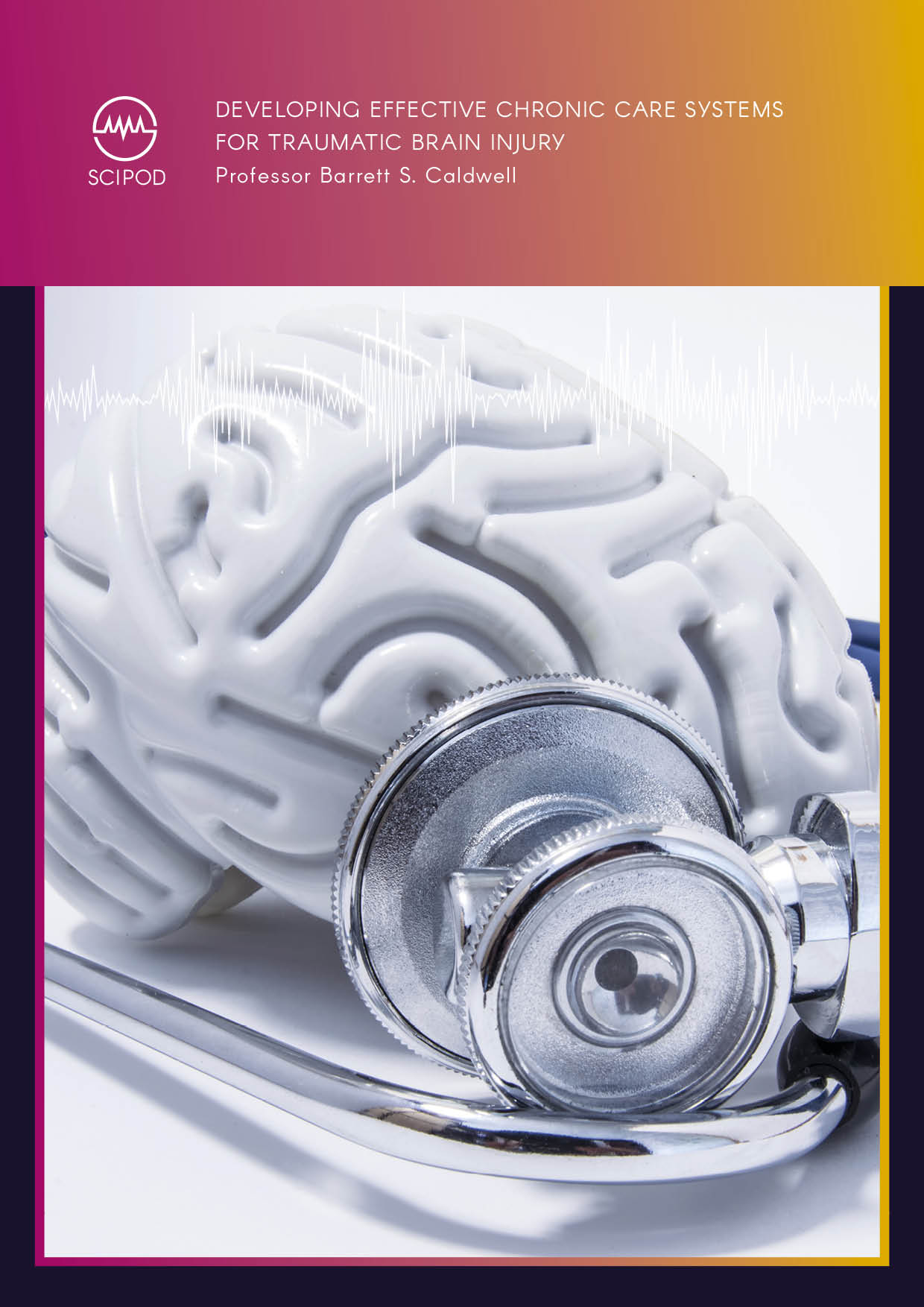
Professor Barrett S. Caldwell | Developing Effective Chronic Care Systems for Traumatic Brain Injury
An estimated 69 million people worldwide are currently living with traumatic brain injury (TBI). TBI can lead to short- and long-term conditions including sleep disorders, depression, headaches and an increased risk of suicide. TBI has recently been recognised as a chronic condition, although the human factors involved in recovery remain understudied. Working to address this is Professor Barrett S. Caldwell who leads the GROUPER Laboratory at Purdue University, USA.
Increase The Impact Of Your Research!
Explore partnership opportunities
Unwind without the hassle. Enjoy fresh audiobooks, delivered free!
